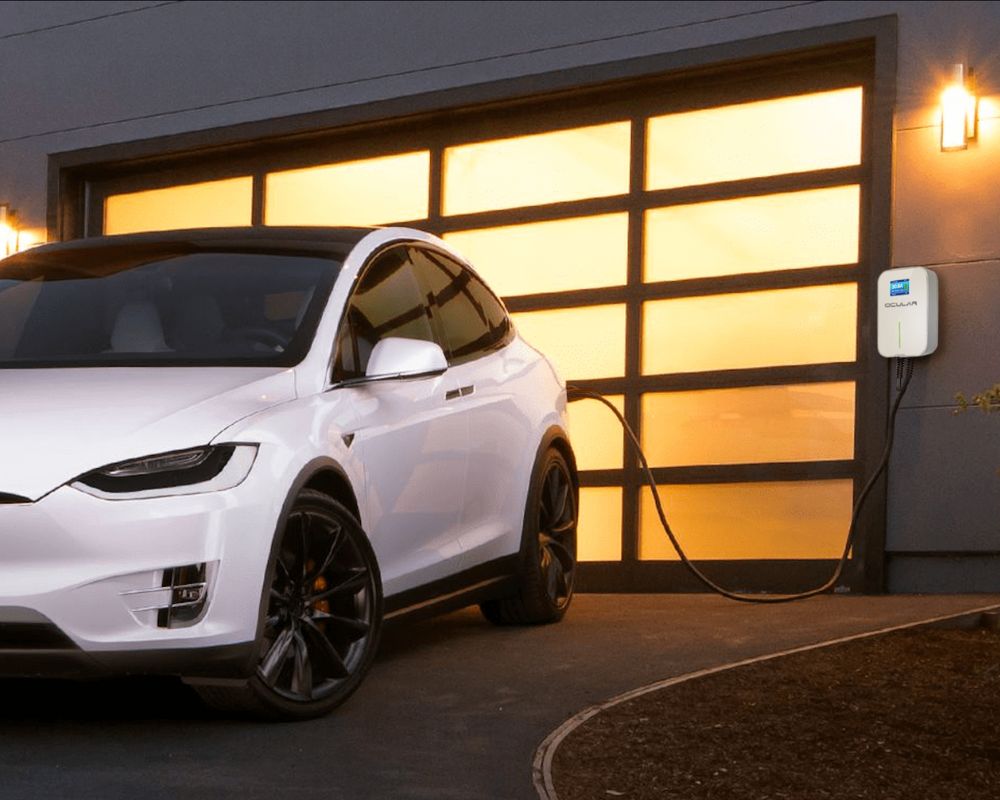Driving towards price parity: The rise of Affordable EVs

The Soaring Affordability of EVs
In recent years, the electric vehicle (EV) industry has been making significant strides towards achieving price parity with traditional internal combustion engine (ICE) cars. The BYD Dolphin was launched as the country’s lowest-priced electric car, with a starting price of $38,890, narrowly beating the MG 4. This marks a major milestone for EV enthusiasts and potential buyers, offering a compelling reason to consider the non-Tesla route for affordable electric mobility.
The global sales of battery EVs surged by 67.8% in 2022 to reach 7.89 million units, with Chinese manufacturer BYD narrowing the gap to Tesla in the race to become the world’s top-selling EV brand. While Tesla remained the leading brand in 2022, its market share slightly declined to 16.6%, while BYD’s share increased to 11.5%, fueled in part by the popularity of the BYD Dolphin EV hatchback.
Still think EVs are unaffordable? By calculating the Total Cost of Ownership (TCO) through considering state government incentives, the fringe benefit tax exemption and lower running costs of EVs, many EVs will have a TCO equivalent to a ¬ $20k ICE car in some cases. Further, research by BloombergNEF found that the falling cost of producing batteries for EVs is expected to make electric vehicles cheaper to buy within the next six years than conventional cars, even before government subsidies. As battery technology advances and production volumes increase, the price difference between EVs and ICE vehicles is steadily narrowing. Additionally, experts predict that over the next six years, the cost of EV batteries will drop between 19% and 37%, leading to further reductions in the TCO. In contrast, more stringent emission standards may increase the complexity and cost of ICE car emission systems.
Government incentives and subsidies, such as tax credits, rebates, reduced Fringe Tax Benefits (FBT) and registration fees, are playing a crucial role in promoting the adoption of EVs. In Australia, fuel-efficient vehicles, including EVs, attract less Luxury Car Tax, making them more affordable for customers. The Australian government supports the use of EVs as employers do not pay FBT on eligible cars and associated car expenses.
Further, maintenance costs for EVs have proven to be notably cheaper compared to their ICE counterparts. The fundamental reason lies in the simplicity of EV’s design, comprising fewer moving parts. With no complex engine systems, exhaust systems, or fuel systems, the likelihood of component wear and tear is significantly reduced. This streamlined design translates to fewer maintenance requirements and thus lower expenses for EV owners.
As EV technology continues to evolve and production scales up, the outlook for EVs becoming more accessible and cost-effective is bright. With electric cars on the verge of achieving price parity with ICE cars, the shift towards sustainable transport is becoming increasingly viable for consumers worldwide. By choosing EVs, not only can you save on running costs but also contribute to a cleaner, greener future for our planet.
Any questions? Please do not hesitate to contact us:
Phone: 1300 406 210
Email: sales@evse.com.au



